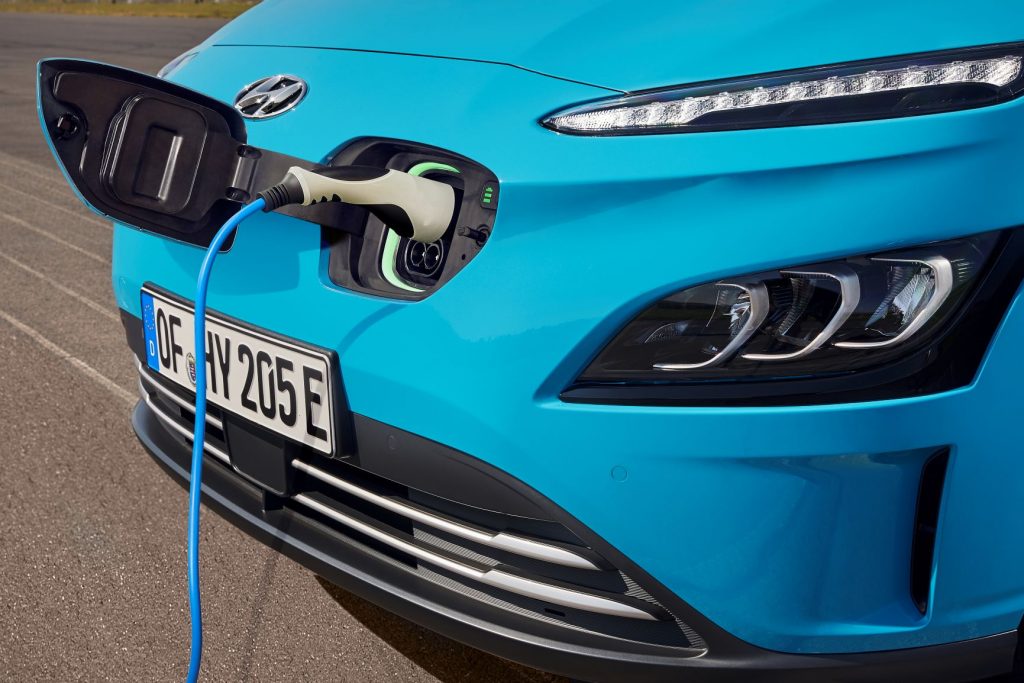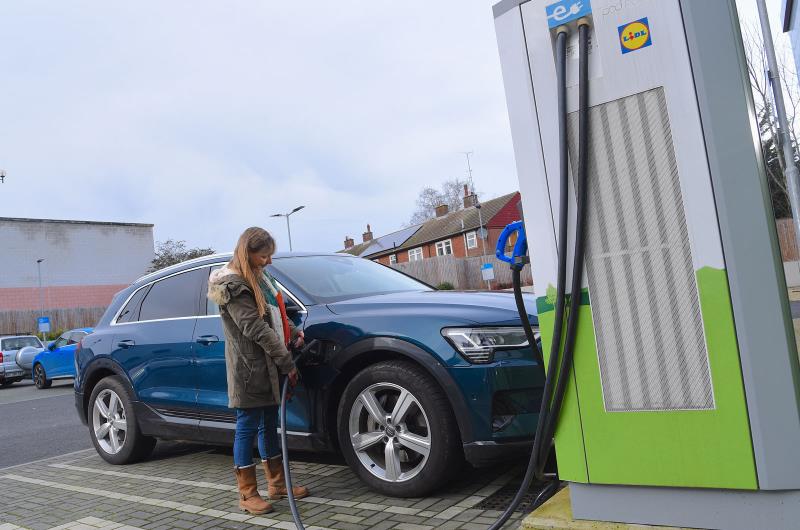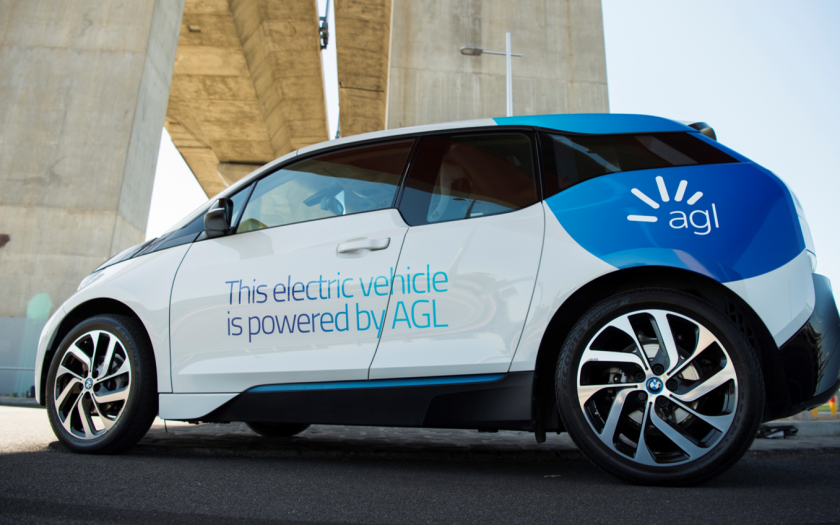IF YOU’RE CONFUSED ABOUT THE messages being sent out by Australian governments about electric vehicles, you aren’t the only one.
It’s like the worst kind of tease. “We want everyone driving EVs,” mouth government spokespeople, “because they’re good for the environment.” But not good enough, obviously to justify the kind of incentives that many countries around the world have put in place.
And far too tempting a taxation target for various treasurers to ignore.
Australia is about to become the first country anywhere in the world to discourage the uptake of EVs by imposing targeted road-user charges.
Both Victoria and South Australia are proposing new levies on low-emission vehicles to compensate for their owners being able to avoid the fuel excise tax. Despite the savings that will be gained by EV buyers, it will be years (if ever) before their decision to buy an EV will reach a financial break-even stage. But that won’t stop greedy state governments from justifying their latest tax by declaring that “it’s to ensure all motorists pay their fair share for road maintenance.”
Victoria’s proposed levy, to come into effect on July 1, would see EV users hit with a 2.5 cent charge for every kilometre they travel. It would add somewhere between $200 and $300 to EV owners’ annual running costs and raise an estimated $30 million (over four years!) for Victoria’s coffers. Meanwhile, South Australia with its smaller population and car fleet, could expect to raise around $1 million (although having just lost its majority in parliament, the chances of the tax passing are negligible and the legislation has been deferred until July 2022).
Logical? We don’t think so. The Victorian government has apparently put $45 million into its campaign to encourage EV use.
Talk about giving with one hand and taking away with the other!

Meanwhile, climate and energy program director at the Australia Institute, Richie Merzian, has claimed Australia’s hostile policy environment and lack of fuel efficiency standards has made Australia a “dumping ground for dirty cars.”
On Wednesday, the Electric Vehicle Council (EVC) released data showing just how far Australia is falling behind other countries in the introduction of electric vehicles.
These figures show Norway’s aggressive incentives (half price parking at public car parks, no purchase or import taxes, exemption from the 25 percent VAT on purchase, no annual road tax, free access to ferries, exemption from road tolls, access to bus lanes, company cars tax reduced to 40 percent) has them leading the pack with EVs holding a 75 percent share. That’s 100 times more than the electric vehicle market share in Australia of just 0.75 percent. The UK market shows EVs with a 10.7 percent share, while the EU is up to 10.2 percent.
Last year, a paltry 6900 electric cars were sold in Australia. Certainly, that was 2.8 percent more than in 2019, but by comparison, EVs in the EU increased their market share (from a larger base) by 3.8 percent.

EVC chief executive Behyad Jafari has no doubt where the blame lies. “There’s simply no sugar coating it at this point,” he said. “Australia has marked itself out as a uniquely hostile market to electric vehicles. We have no targets, no significant incentives, no fuel efficiency standards, and in Victoria we even have a new tax on non-emitting vehicles.”
Here at seniordriveraus we have often bemoaned the lack of incentives for Australian buyers, especially when compared with other countries. In France, buyers are paid the equivalent of $A11,000. In the USA, Germany and Italy incentives are worth $A10,000. The UK provides incentives worth $A6000 while Canada and Japan stump up $A5000.
The EVC believes the federal government should be offering consumer incentives until EVs make up 10 percent of the total market and delay the introduction of road-user charges for EVs until either 2030 or such time as the target is reached.
